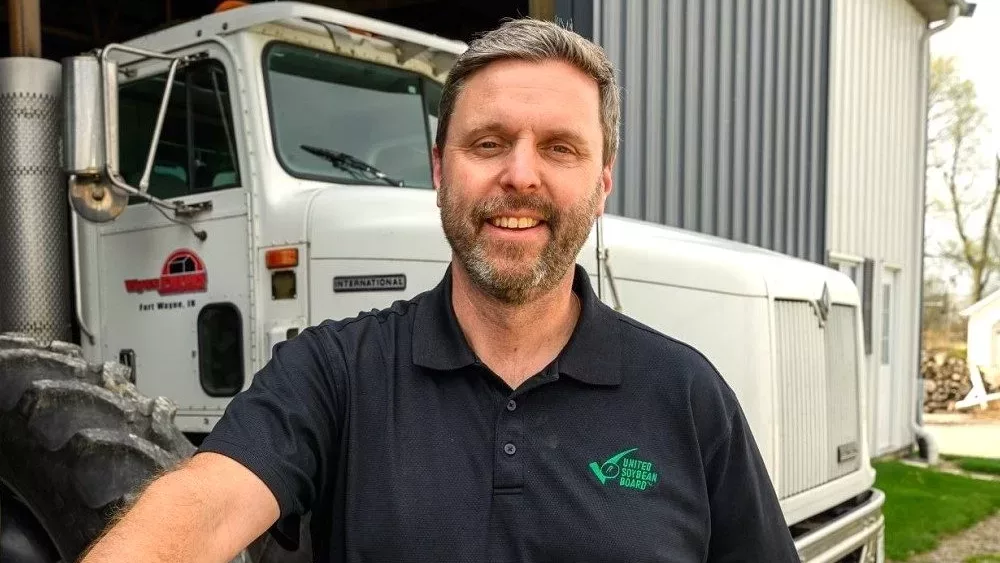Rep. David Scott (D-GA), who serves as chairman of the House Agriculture Committee, introduced the “Small Family Farmer and Rancher Relief Act” (H.R. 8590) on Friday. In a statement, he says his legislation will help small farmers and ranchers in the cattle industry.
“It’s a crisis in this nation that we’ve lost an average of 17,000 cattle ranchers per year,” Scott says. “The drivers of the loss are complex, and I applaud the efforts my colleagues have taken to try and improve the cattle industry.”
He also says other efforts don’t have enough emphasis on direct help for America’s small farmers and ranchers.
Rep. Scott breaks down his bill into two pillars. The first would provide small cattle operations with financial assistance by strengthening the safety net through the following measures:
- Offering an increased premium subsidy for small ranchers (including beginning and veteran ranchers) insuring a herd of 100 cattle or less under Livestock Risk Protection insurance policies. Similar to how the Micro Farm Program provides a targeted insurance policy to small producers, this additional premium assistance will make a key risk management tool more affordable for our small producers.
- Offering incentives for insurance agents to better market Livestock Risk Protection policies to small producers.
- Creating a USDA indemnity program that provides relief to small producers when the price spread dramatically exceeds a historical average. This program provides small producers with a safety net to protect against volatility and unfairness in the marketplace.
- Providing resources to USDA to educate producers and insurance agents on the utility of the livestock insurance programs and the safety net program. This makes existing insurance products more accessible and facilitates enrollment in the new program.
Rep. Scott says the second pillar of the bill would create opportunities to increase competition and help small ranchers access new marketing opportunities through the following methods:
- Establishing a grant program that helps small producers, cooperatives of small producers, or other eligible organizations aggregate, add value, and market meat and meat products to local and regional markets with a focus on direct-to-consumer and direct-to-institution sales. By connecting small ranchers with new and diversified marketing options, this bill will help increase profitability and inject more competition into the supply chain.
- Eligible entities include individual ranchers, cooperatives of small cattle producers with a majority of members under a certain size (100 head or fewer), non-profits or Land-Grant Universities with experience working with small cattle farmers and ranchers, Tribal governments, food hubs, or those in a Community Supported Agriculture (CSA) model. Program eligibility prioritizes underserved and limited resource farmers and ranchers.
- Providing resources to USDA to educate farmers on how to best apply for and leverage these new programs.
In response, the National Cattlemen’s Beef Association (NCBA) released the following statement after Rep. Scott’s introduction of his “Small Family Farmer and Rancher Relief Act” into the U.S. House.
Click HERE to read more about the “Small Family Farmer and Rancher Relief Act.”
Sources: NAFB, The Office of Rep. David Scott.






